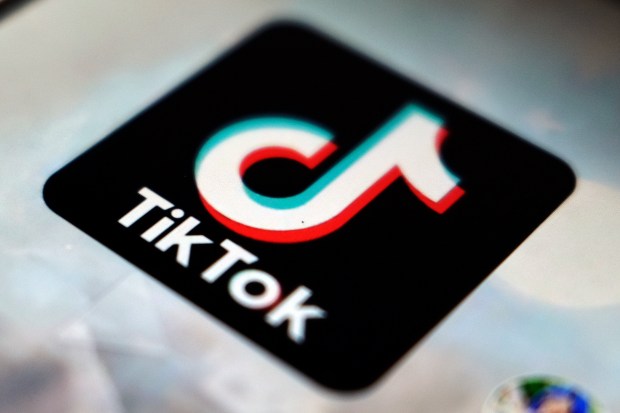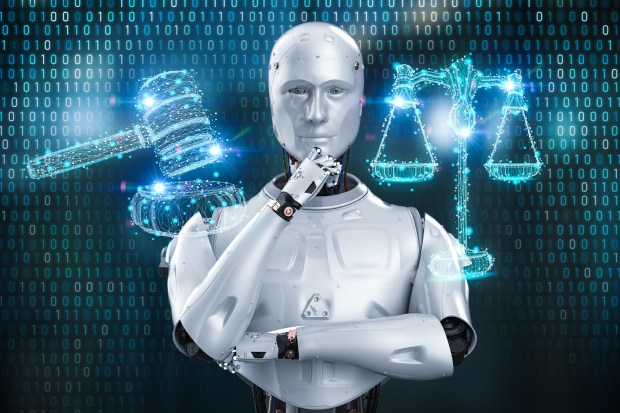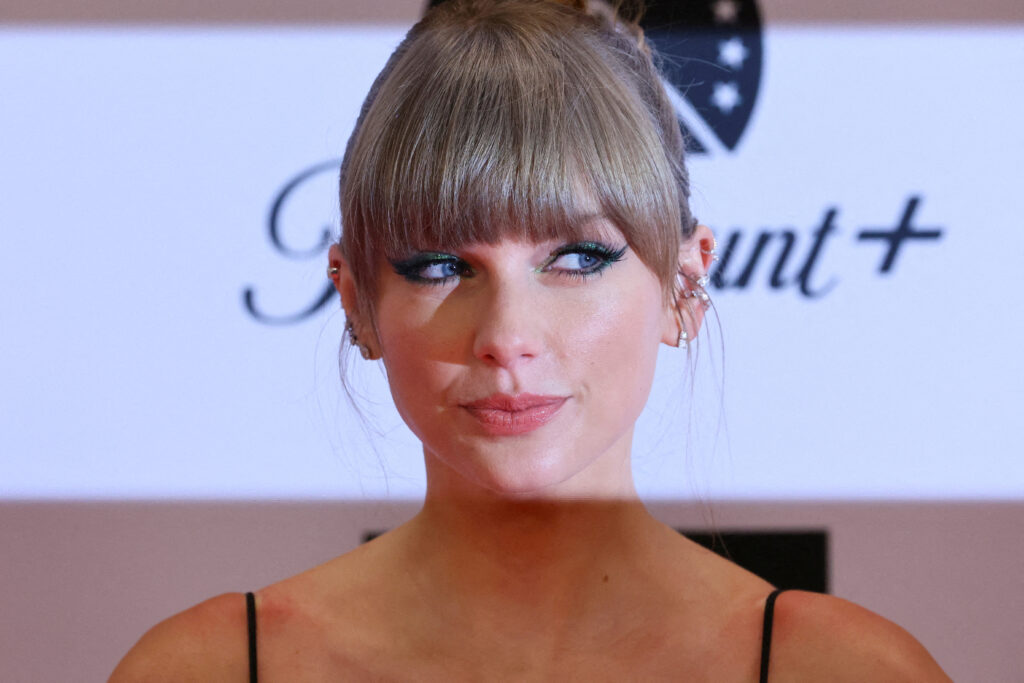A SPAT between TikTok and Universal Music could see millions of songs from the likes of Taylor Swift, Drake and Billie Eilish removed from the app.
The music label is preparing to stop licensing its music to TikTok after the Chinese social media platform tried to get a cheaper rights deal.
TikTok has been accused of ‘bullying’ and ‘flooding’ the platform with AI music to replace human artists and “massively dilute” the royalties they earn.
Royalty payments are what a music company and artist earn when their songs are played on streaming and social media platforms.
In an open letter, Universal Music claims “TikTok attempted to bully us into accepting a deal worth less than the previous deal, far less than fair market value and not reflective of their exponential growth.”
The group added: “We honor our responsibilities with the utmost seriousness.
“Intimidation and threats will never cause us to shirk those responsibilities.”
Its current licensing agreement with TikTok expires on January 31.
So it appears all songs under the wing of Universal Music will be removed from the platform from tomorrow.
In response, TikTok said: “It is sad and disappointing that Universal Music Group has put their own greed above the interests of their artists and songwriters.
“Despite Universal’s false narrative and rhetoric, the fact is they have chosen to walk away from the powerful support of a platform with well over a billion users that serves as a free promotional and discovery vehicle for their talent.”
Is TikTok a good or bad deal for artists?

Analysis by Millie Turner, Technology & Science Reporter at The Sun
TikTok has become a launchpad for both emerging and A-list artist’s in making songs go viral.
It’s been a golden ticket for many underground or independent artists who make use of TikTok’s music features to promote their work.
There is a niche corner of the internet for everyone, and TikTok collates them all under one roof – for all the good and the bad.
This means artists of all genres (and pay packets) can benefit from it.
But as Universal suggested, TikTok has faced controversy over AI-generated music on its platform in the past.
A track featuring AI voice clones of Drake and the Weeknd went viral on TikTok last year – a worrying trend that could easily snowball without the right protections in place.
Despite this, and all the arguments against AI-generated music and its impacts on human artists, TikTok kicked off the New Year with a feature that allowed its one billion users to create their own tracks with AI.
While the feature is not yet widely available, it signals TikTok’s general sentiment towards the technology that threatens the livelihoods of all human music artists.
Despite its massive and growing user base, rapidly rising advertising revenue and increasing reliance on music-based content, TikTok accounts for only about one per cent of our total revenue.
Universal Music
It’s the first time Universal Music taken the major step of removing its songs from a technology firm’s platform.
In its letter, Universal Music said it was trying to combat the “harmful effects” of AI on its artists by securing them a worthwhile licensing deal.
The label added that although TikTok has more than one billions users, it accounts for just one per cent of its revenue.
“In our contract renewal discussions, we have been pressing them on three critical issues — appropriate compensation for our artists and songwriters, protecting human artists from the harmful effects of AI, and online safety for TikTok’s users,” the group wrote.
“Today, as an indication of how little TikTok compensates artists and songwriters, despite its massive and growing user base, rapidly rising advertising revenue and increasing reliance on music-based content, TikTok accounts for only about one per cent of our total revenue.”
TikTok’s parent company ByteDance secured a revenue of $85.2billion (£67billion) in 2022, nearly 40 per cent more than the year before.
Universal Music Group, the largest record company in the world, earned $11.2billion (£8.8billion) in the same period.
Read more about Artificial Intelligence

Everything you need to know about the latest developments in Artificial Intelligence

